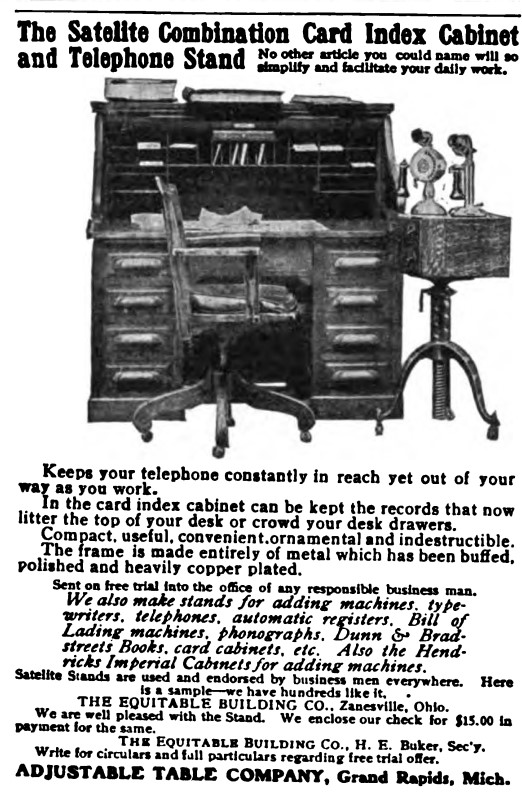reply to u/Hugglebuns at https://old.reddit.com/r/Zettelkasten/comments/1gpx62s/is_a_zettelkasten_a_largely_unknown_form_of/lwtoopw/:
I appreciate that you scratch some of the historical surface, but your apple/tomato analogy is flimsy and the family tree is a lot closer. Too often we're ignoring the history of ars excerpendi, commonplacing, waste books, summas, and early encyclopedias from the broad swath of intellectual history. What we now call a zettelkasten evolved very closely out of all these traditions. It's definitely not something that Luhmann suddenly invented one morning while lounging in the bath.
Stroll back a bit into the history to see what folks like Pliny the Elder, Konrad Gessner, Theodor Zwinger, Laurentius Beyerlink, or even the Brothers Grimm were doing centuries back and you'll realize it's all closer to a wide variety of heirloom apples and a modern Gala or Fuji. They were all broadly using zettelkasten methods in their work. Encyclopedias and dictionaries are more like sons and daughters, or viewed in other ways, maybe even parents to the zettelkasten. Almost everyone using them has different means and methods because their needs and goals are all different.
If you dig a bit you'll find fascinating tidbits like Samuel Hartlib describing early versions of "cut and paste" in 1641: “Zwinger made his excerpta by being using [sic] of old books and tearing whole leaves out of them, otherwise it had beene impossible to have written so much if every thing should have beene written or copied out.” As nice as Obsidian's new Web Clipper is this month, it's just another tool in a long line of tools that all do the same thing for much the same reasons.
Ignoring these contributions and their closeness means that you won't be able to take advantage of the various affordances all these methods presented in your own slip box, whichever form it takes. How will you ever evolve it into the paper machine that students a century hence are copying and mimicking and pontificating about in their version of Reddit? Why couldn't a person's slip box have some flavor of an encyclopedia? Maybe it's closer to Adler's Syntopicon? Maybe something different all together for their particular use?
Try some of the following for more details: <br />
- Blair, Ann M. Too Much to Know: Managing Scholarly Information before the Modern Age. Yale University Press, 2010. https://yalebooks.yale.edu/book/9780300165395/too-much-know.<br />
- Krajewski, Markus. Paper Machines: About Cards & Catalogs, 1548-1929. Translated by Peter Krapp. History and Foundations of Information Science. MIT Press, 2011. https://mitpress.mit.edu/books/paper-machines.<br />
- Wright, Alex. Cataloging the World: Paul Otlet and the Birth of the Information Age. 1st ed. Oxford, New York: Oxford University Press, 2014.
For deeper dives on methods, try: https://www.zotero.org/groups/4676190/tools_for_thought/tags/note%20taking%20manuals/items/F8WSEABT/item-list
cc: u/JasperMcGee u/dasduvish u/Quack_quack_22

